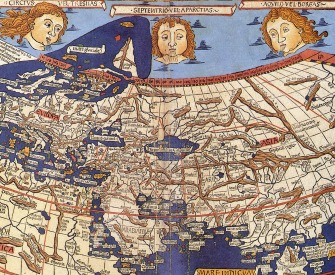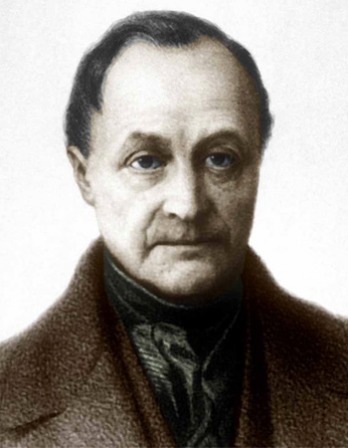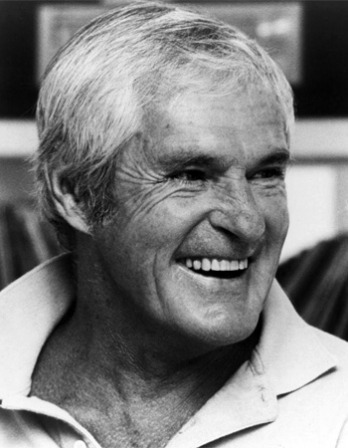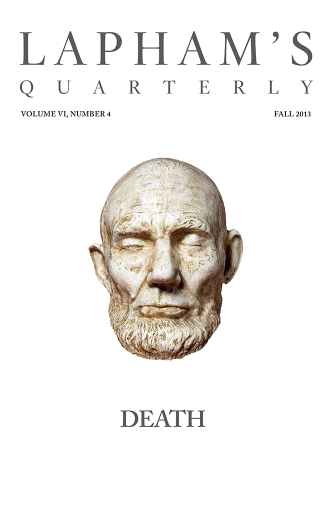The only freedom which deserves the name is that of pursuing our own good in our own way, so long as we do not attempt to deprive others of theirs, or impede their efforts to obtain it. Each is the proper guardian of his own health, whether bodily, or mental and spiritual. Mankind are greater gainers by suffering each other to live as seems good to themselves, than by compelling each to live as seems good to the rest.
Though this doctrine is anything but new and, to some persons, may have the air of a truism, there is no doctrine which stands more directly opposed to the general tendency of existing opinion and practice. Society has expended fully as much effort in the attempt (according to its lights) to compel people to conform to its notions of personal, as of social excellence. The ancient commonwealths thought themselves entitled to practice, and the ancient philosophers countenanced, the regulation of every part of private conduct by public authority, on the ground that the state had a deep interest in the whole bodily and mental discipline of every one of its citizens; a mode of thinking which may have been admissible in small republics surrounded by powerful enemies, in constant peril of being subverted by foreign attack or internal commotion, and to which even a short interval of relaxed energy and self-command might so easily be fatal that they could not afford to wait for the salutary permanent effects of freedom. In the modern world, the greater size of political communities, and above all, the separation between spiritual and temporal authority (which placed the direction of men’s consciences in other hands than those which controlled their worldly affairs), prevented so great an interference by law in the details of private life; but the engines of moral repression have been wielded more strenuously against divergence from the reigning opinion in self-regarding, than even in social matters; religion, the most powerful of the elements which have entered into the formation of moral feeling, having almost always been governed either by the ambition of a hierarchy, seeking control over every department of human conduct, or by the spirit of Puritanism.
Apart from the peculiar tenets of individual thinkers, there is also in the world at large an increasing inclination to stretch unduly the powers of society over the individual, both by the force of opinion and even by that of legislation: and as the tendency of all the changes taking place in the world is to strengthen society, and diminish the power of the individual, this encroachment is not one of the evils which tend spontaneously to disappear, but, on the contrary, to grow more and more formidable. The disposition of mankind, whether as rulers or as fellow citizens to impose their own opinions and inclinations as a rule of conduct on others, is so energetically supported by some of the best and by some of the worst feelings incident to human nature, that it is hardly ever kept under restraint by anything but want of power; and as the power is not declining but growing, unless a strong barrier of moral conviction can be raised against the mischief, we must expect, in the present circumstances of the world, to see it increase.
From On Liberty. The prolific political economist and philosopher published Principles of Political Economy in 1848, On Liberty in 1859, and Utilitarianism in 1861. He won a local seat in Parliament in 1865, though he refused to canvass for his cause. He served in Parliament for three years, supporting capital punishment, women’s rights, and Irish land reform. Mill died in 1873, having remarked to his stepdaughter before his death, “ You know that I have done my work.”
Back to Issue





